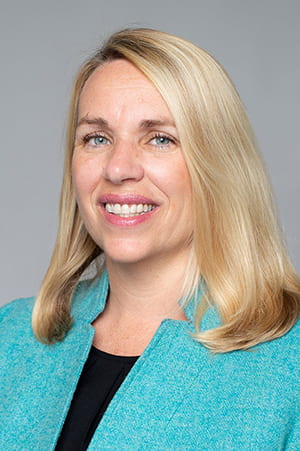Black Belt: Region of Alabama
Alabama’s Black Belt area is part of a larger, national Black Belt region that stretches from Texas to Virginia. This region has historically been home to “the richest” soil in the United States. Originally, the term referred to the exceptionally fertile black soil that encouraged early pioneers in the 1820s and 1830s to settle Alabama and construct a network of cotton plantations.
Wilcox County
Wilcox County is always the natural choice when looking for a quaint place to vacation, or if you want to relocate. With a low cost of living, a diverse landscape for housing, and true southern hospitality, Wilcox County is considered one of the most well kept secrets in Alabama! It is located in southwest Alabama, in the heart of Alabama’s Black Belt. Camden, the county seat, had a population of 2,259 in 2000; the county’s population was 13,183.
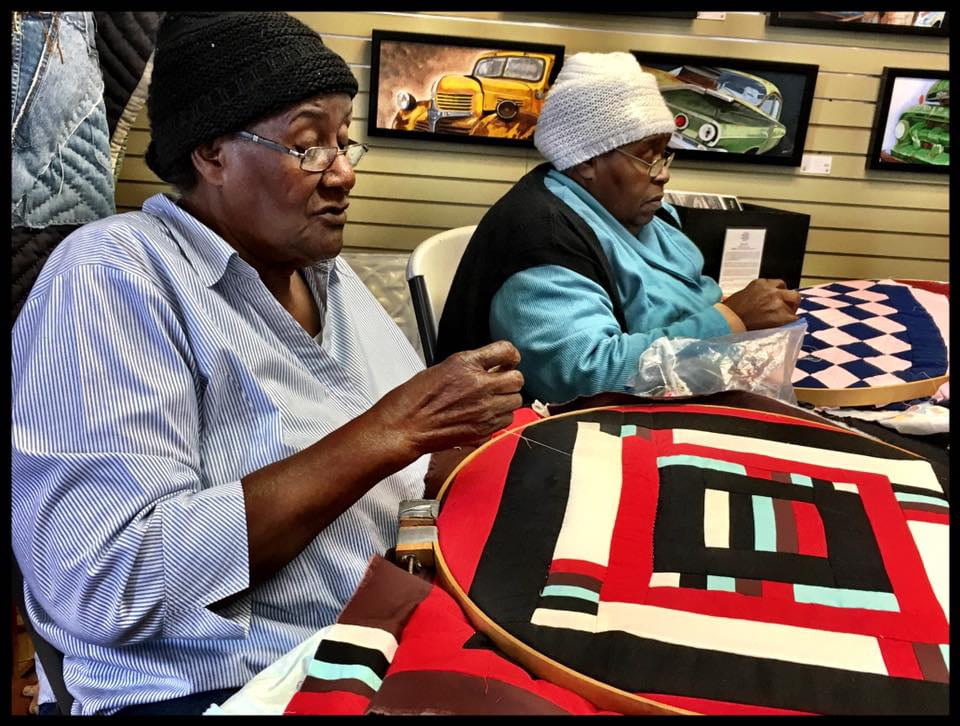


MARENGO COUNTY
Marengo County is in the west-central region of the state of Alabama the Black Belt region. It was founded February 6, 1818. The towns in Marengo County are, Linden, Demopolis, Myrtle wood, and Sweet Water, with Demopolis being the largest, with a population of 6,438 as of 2020.
The Tombigbee River, and Black Warrior River are the two major waterways. Timber and farming are two of its main industries. There are two major transportation highways, U.S highway 43 and U.S. highway 80.
There are three primary schools and two secondary schools in Demopolis, and a Community College. Marengo County is governed by a five-member commission, which includes Linden and Demopolis. Marengo County has many areas of interest for recreation which, include hunting, fishing, hiking and camping. In Demopolis there two historic museums as well as several other historical sites.




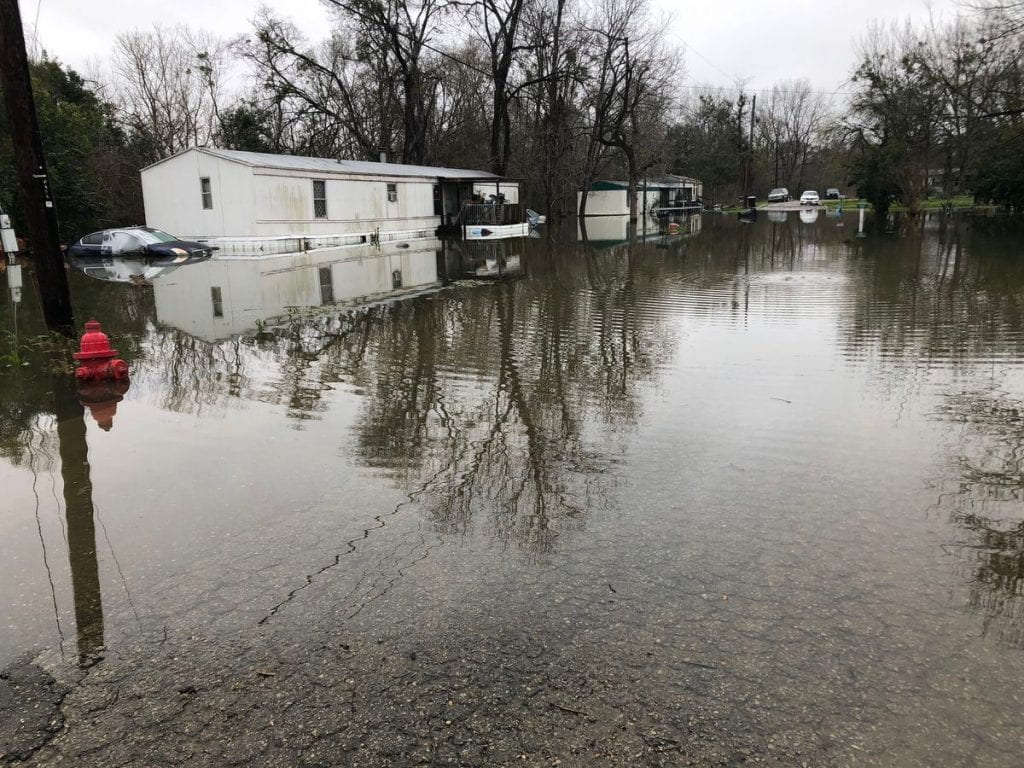
Dallas County
Selma, Alabama is the county seat of Dallas County and was established in 1865 when the the county seat was moved from Cahaba, Alabama which also served as the state capital for a brief period. Dallas County is bordered by Autauga, Chilton, Lowndes, and Perry counties. The current population of Dallas County is just under 50,000 and spans 980 square miles. Dallas County was created by the Alabama territorial legislature on February 9, 1818, from Montgomery County.
This was a portion of the Creek cession of lands to the US government of August 9, 1814. The Creek were known as one of the Five Civilized Tribes of the Southeast. The county was named for U.S. Treasury Secretary Alexander J. Dallas of Pennsylvania. From 1963 through 1965, Selma and Dallas County were the sites of a renewed Voting Rights campaign.
It was organized by locals of the Dallas County Voters League (DCVL), and joined by activists from Student Nonviolent Coordinating Committee (SNCC). In late 1964 they invited help from the Southern Christian Leadership Conference (SCLC); with SCLC president Martin Luther King Jr. participating, this campaign attracted national and international news in February and March 1965. They planned a march from Selma to the state capital of Montgomery, Alabama. Two activists were killed during demonstrations before the final march took place.
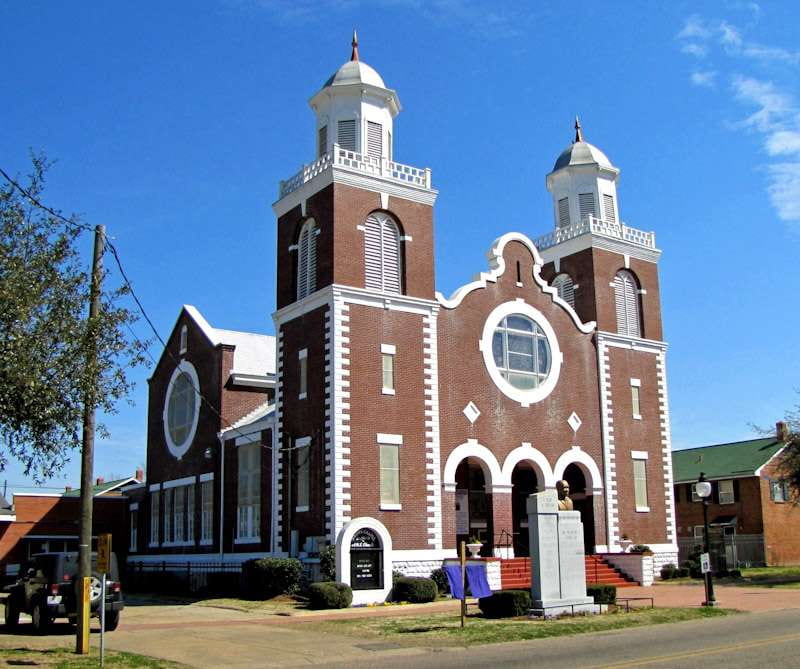
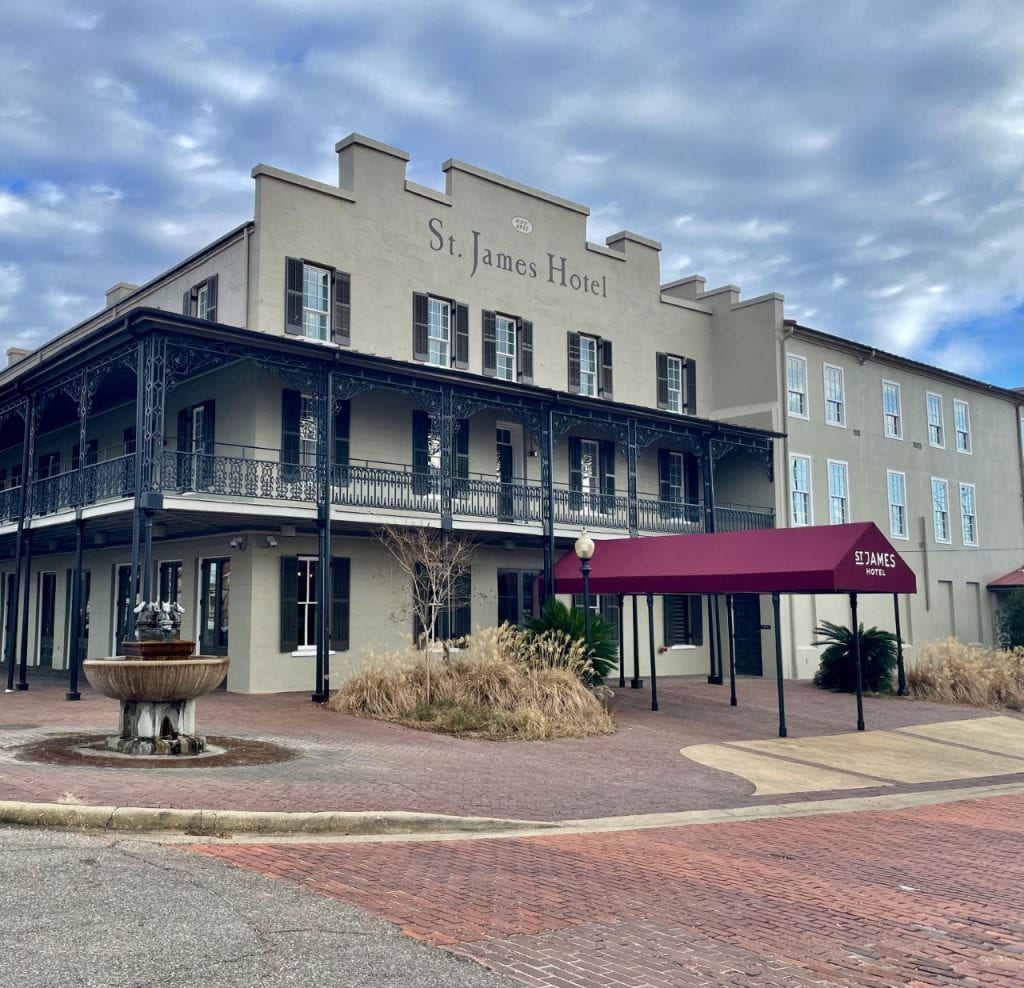

Perry County
Perry is a county in the Blackbelt area which consist of towns Heiberger, Marion and Uniontown. Perry County was created by the Alabama legislature on December 13, 1819, from land acquired from the Creek Indians in the 1814 Treaty of Fort Jackson. It was named in honor of Commodore Oliver Hazard Perry of Rhode Island, a hero of the War of 1812. There are many unique local stories of each town’s origins of names in Perry County. Perry County will host a historical home tour December 5, 2021.
It will offer a step back in time to tour historical homes, churches, and buildings throughout the county this event will be sponsored by the Perry County Historical and Preservation Society. Like most of Alabama’s counties Perry County most prevailing occupation was farming well into the twentieth century. Agriculture, forestry, and related industries, Perry County second largest agricultural commodity was cattle. The third largest in commercial fishing and County ranked fourth in the state of Alabama in catfish production. Perry County is also home to a variety of historic educational institutions.

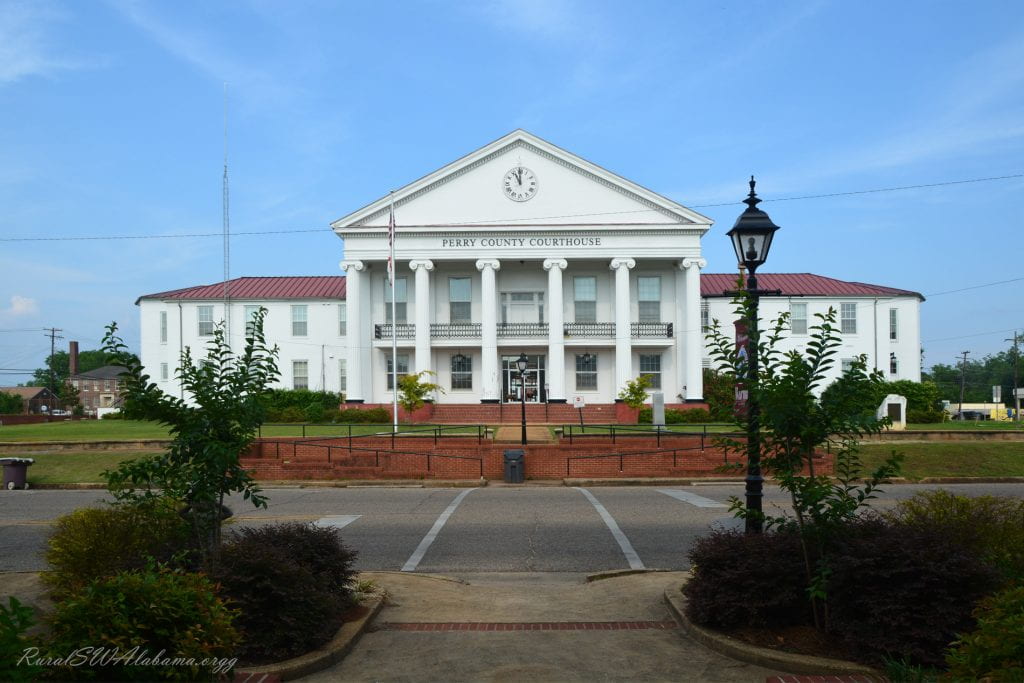
Additional Resources
Marengo: encyclopediaofalabama.org / Images of Demopolis Alabama Historical Site/ Bing.com Dallas: Dallascounty-al.org / https://en.wikipedia.org/wiki/Dallas_County,_Alabama/ Images of Dallas County Historical Site/ http://alabamamoundtrail.org https://www.alabamanews.net/2021/01/26/newly-renovated-st-james-hotel-reopens-in-selma/ https://civilrightstrail.com/attraction/edmund-pettus-bridge/ Perry: Images of Perry County Historical Site/ https://www.ruralswalabama.org/attraction/perry-county-courthouse-1856/ http://encyclopediaofalabama.org/article/h-3704/ Wilcox: https://www.wilcoxareachamber.com/about-wilcox-county/ Images of Wilcox County Historical Site/ https://alabamanewscenter.com/2018/09/18/day-alabama-history-sept-18/
UAB Study Personnel
Principal Investigator
Claudette Poole, M.D.
Assistant Professor of Pediatrics
Division of Pediatric Infectious Diseases
Dr. Poole was born in South Africa where she completed her medical school training at the University of Cape Town. She immigrated to the United States in 2001, completed Pediatric Residency Training at Schneider Children’s Hospital in Long Island New York and fellowship training in Pediatric Infectious Diseases at UAB together with a Master’s degree in Public Health Epidemiology. Her passion is to address issues of health care disparity.
Contact: cpoole@peds.uab.edu
Study Co-investigator
Amy Hutson Chatham, PhD
Assistant Dean of Undergraduate Education, School of Public Health, Assistant Professor, Environmental Health Studies, and Director for the UAB AmeriCorps VISTA grant
Dr. Hutson Chatham began her research/working relationship with individuals in Camden, AL located in Wilcox County, a county in the heart of Alabama’s Black Belt region in 1992 when she lived there during her Master’s training to conduct a county-wide needs assessment. She has continued to build on these relationships and together with her Ph.D. in Health Education and Promotion has a commitment to fostering community engagement as part of her professional and research life.
Program Research Coordinator
Jasmine S. Kennedy
A Wilcox County native, Kennedy is Founder and Director of L.O.T.Y.G. (Leaders of Tomorrow Youth Group) in Camden, Alabama. In 2017, she created a Thanksgiving canned food drive and distribution, “Giving Thanks in Wilcox County”, that has served over 900 families in the last five years.
Kennedy holds a bachelor’s degree (2016) in Communications from Alabama State University, where she was a member of the Mighty Marching Hornets and Tau Beta Sigma National Honorary Band Sorority, an educational service sorority, serving as the Chapter Historian and a member of the events committee. She currently holds a master’s degree (2024) in Communications Management, M.A. from UAB – The University of Alabama at Birmingham.
Project Personnel
Janice Bridges Robinson
Wilcox and Lowndes Counties Project
Ms. Janice Bridges Robinson, is a native of Annie Manie, Alabama (Wilcox County.) She received her Licensed Practical Nursing Degree (LPN) from Hobson State College in 1985. In the healthcare sector, she has over 30 years of expertise and experience. Her goal with the Soil Transmitted Helminth (STH) project is to educate and bring awareness to underprivileged communities while promoting the importance of healthy bodies and healthy minds.
Project Partners
AmeriCorps VISTA (Volunteers in Service to America)

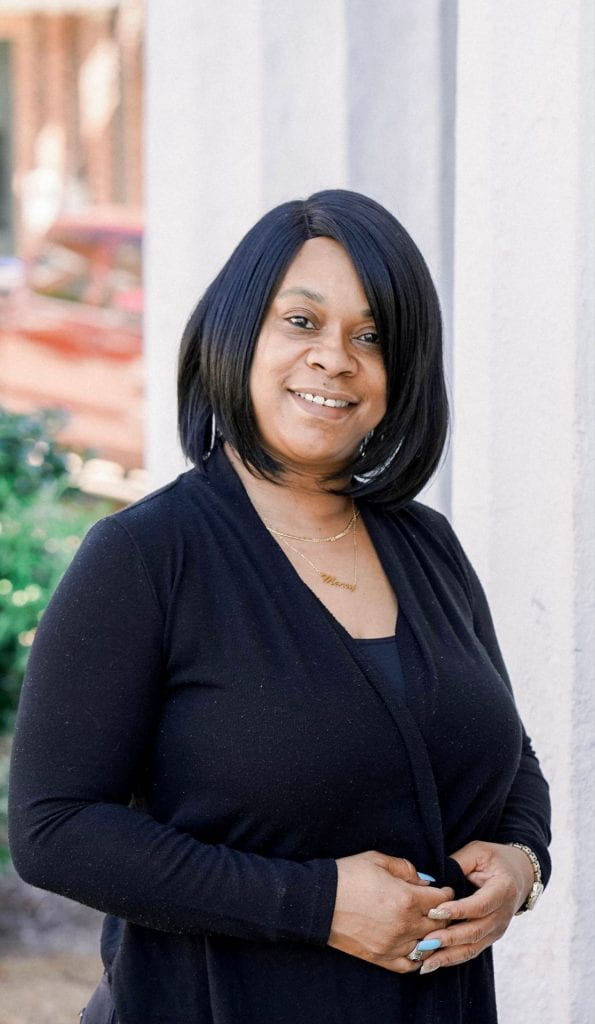


To support the healthcare infrastructure and engage with the community directly, we are engaging highly motivated and qualified individuals from our target communities through the AmeriCorps VISTA (Volunteer in Service to America) program to facilitate capacity building for this public health promotion project. Being trusted members of their communities, they will serve as connectors and communicators between project personnel and community members.
Selma Pediatrics
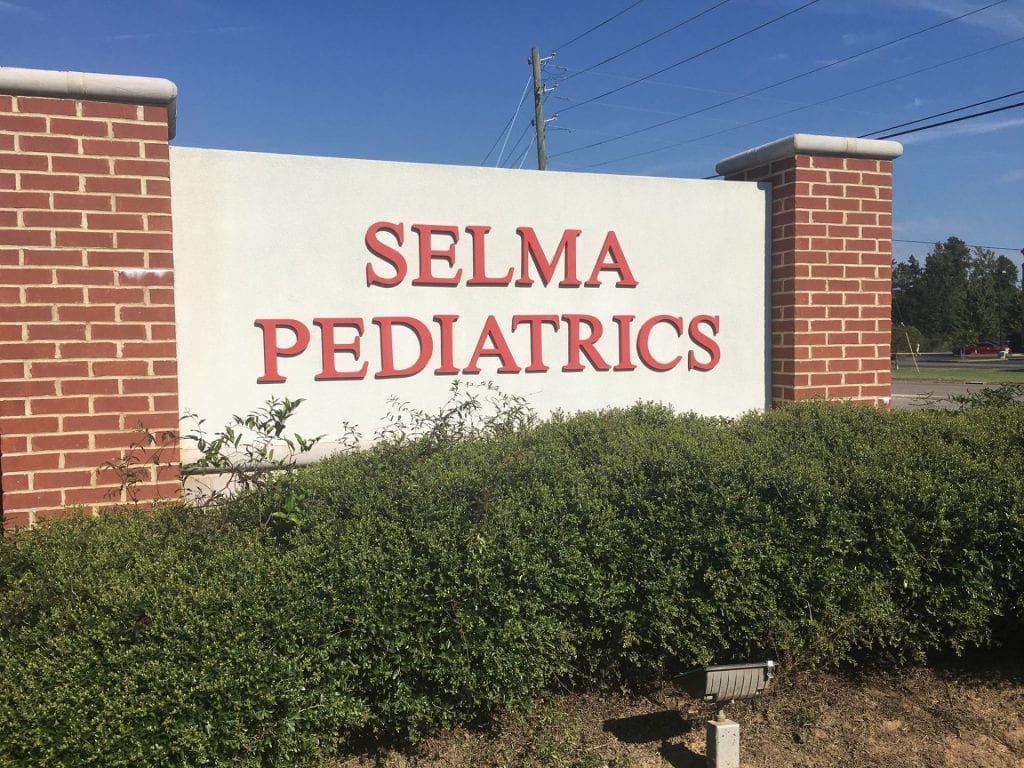
Selma Pediatrics specializes in personalized, patient-centered healthcare. Beginning at birth and continuing through adolescence to early adulthood, Selma Peds works to provide the highest quality healthcare for your family. Located in Selma, Alabama their helpful staff is available to support and assist you with any questions or concerns about the health of your child. Since 1988, they have been caring for the children and families of Selma and the surrounding counties area. Their office is conveniently located on 1225 Medical Center Parkway in Selma. Ware a full-service pediatric health clinic providing complete medical care including immunizations, well-child and sports physicals, nutritional consultations, a full-time advice line, and plenty of convenient appointment times. Their current medical staff consists of five Pediatricians, all committed to meeting your child’s physical, emotional and mental health needs. Additionally, their competent staff including medical receptionists and schedulers, medical assistants and billing office personnel are ready to help address your family’s needs.
John Paul Jones Hospital Clinic

At JPJ Camden clinic, they provide a full range of primary care services, such as annual wellness visits, sports physicals, preventative care, and acute care for illnesses. We also offer Chronic Care Management to assist patients in maintaining wellness and promoting quality of life by keeping pre-existing or long- term health issues such as hypertension, high-cholesterol, arthritis, heart disease, diabetes and many others.
Rural Health Medical Program, Inc.
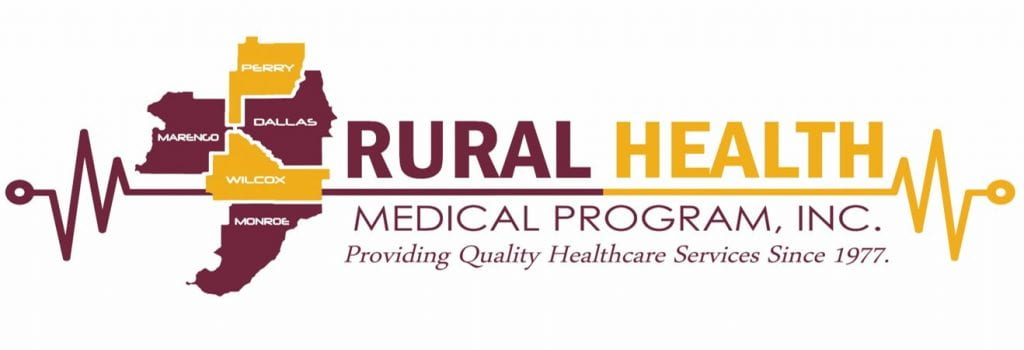
Rural Health Medical Program mission is to improve the availability of health and wellness services to residents of their service area. RHMPI has been a pillar of primary and preventative health care system across five (5) Black Belt Counties (Dallas, Marengo, Monroe, Perry, and Wilcox) in the state of Alabama offering quality, cost effective, and accessible primary medical and specialty services to each community member regardless of their ability to pay with and without insurance. (https://rhmpi.com/about/, n.d.)
Brown Lab, Gillings School of Global Public Health, University of North Carolina at Chapel Hill
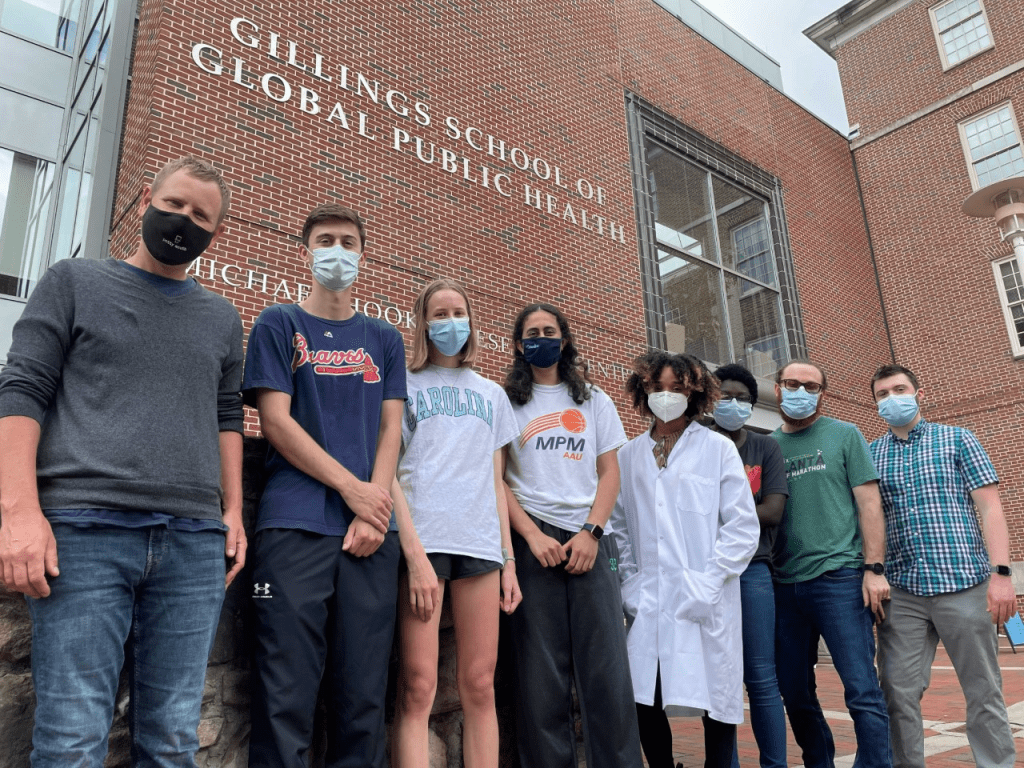
From left to right: Joe Brown (Principal Investigator), Ryan Clark (Analyst), Emery Hoos (Analyst), Maya Arora (Analyst), Abeoseh Flemister (Analyst), Toheedat Bakare (Analyst), Drew Capone (Post-doctoral Fellow and Lead Researcher), Troy Barker (Graduate Research Assistant), and Emanuele Sozzi (Lab Manager). Stool testing for identification of helminths by microscopy and dPCR is being led by the Brown Lab at UNC. More information on their work and information about available testing is available here: http://tarheels.live/wormlab
WEST CENTRAL ALABAMA COUNTIES
Center for Disease Control and Prevention: CDC-RDA-GH20-2083
Reducing the burden of Soil Transmitted Helminth Infection in at-risk communities in rural Alabama through evidence-based prevention and control activities.
This project will expand surveillance and treatment activities receiving congressional funding to investigate and address STH infections in areas of Alabama where these infections have historically been endemic then initiate intervention and mitigation. To achieve this, we are establishing a comprehensive local infrastructure through partnership and collaboration with key local stakeholders, including local healthcare providers (HCPs) and healthcare-focused community agencies. Through participation in the Consortium for Rural Alabama Water and Wastewater Management (CFRAWAWM), a sustained environmental engineering partnership between local and state government, academic institutions, community organizations, and the private sector, the work conducted through this project will complement the efforts of all key stakeholders to address the public and environmental health issues related to sanitation, wastewater management, and access to safe water to endure beyond this project. There is the potential to yield high impact public health outcomes, reach a high proportion of those at risk, and have significant impact on population health in at-risk communities in Alabama.
Project coordinator: Ms. Jasmine Kennedy
Contact: 205-777-1447
Jken2067@uab.edu
WILCOX and LOWNDES COUNTIES – ALABAMA
Center for Disease Control and Prevention: BAA FY2018-OADS-01
Cross-sectional cohort study to determine the prevalence of Soil Transmitted Helminth (STH) infections in school age children in a rural poor community in southern Alabama
Participant Enrollment begun December 2019 with the aim of full enrollment by August 1 2021.
The goal for this project is to enroll 600 children between the ages of 2 to 18 years of age from at-risk communities throughout Wilcox and Lowndes Counties Alabama. Families will be asked to complete a short survey and children will be tested for intestinal parasites including hookworm, round worm and whipworm. If any child is found to have an infection with a parasite, the family will be notified and arrangements will be made for treatment. Treatment will be provided by Dr. Poole at no cost to the family for any child who is not covered by health insurance.
A monetary incentive of $150 per child will be provided to families who complete the survey and return 3 stool samples collected on separate days.
Dates and locations will be advertised throughout various communities for families to participate.
To inquire about participation please call 205-354-8660
Project Personnel
PERRY COUNTY – ALABAMA
Center for Disease Control and Prevention: BAA 75D301-19-R-67835
Cross-sectional cohort study to determine the prevalence of Soil Transmitted Helminth (STH) infections in children and risk factors for their acquisition in southern Alabama.
This project has been funded and enrollment begun in January 2021 with aim of full enrollment by August 1 2021.
For this project the goal is to enroll 365 children between the ages of 2 to 18 years of age from at-risk communities throughout Perry County Alabama. Families will be asked to complete a short survey and children will be tested for intestinal parasites including hookworm, round worm and whipworm. If any child is found to have an infection with a parasite, the family will be notified and arrangements will be made for treatment. Treatment will be provided by Dr. Poole at no cost to the family for any child who is not covered by health insurance.
A monetary incentive of $150 per child will be provided to families who complete the survey and return 3 stool samples collected on separate days.
Dates and locations will be advertised throughout various communities for families to participate.
To inquire about participation please call 205-725-1659

